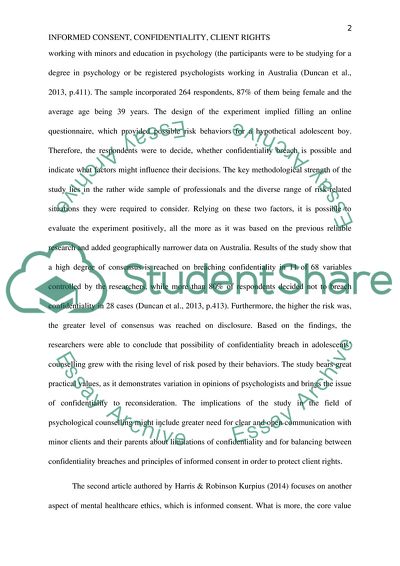Cite this document
(“Informed Consent, Confidentiality and Client Rights Literature review”, n.d.)
Retrieved from https://studentshare.org/psychology/1696018-informed-consent-confidentiality-and-clients-rights
Retrieved from https://studentshare.org/psychology/1696018-informed-consent-confidentiality-and-clients-rights
(Informed Consent, Confidentiality and Client Rights Literature Review)
https://studentshare.org/psychology/1696018-informed-consent-confidentiality-and-clients-rights.
https://studentshare.org/psychology/1696018-informed-consent-confidentiality-and-clients-rights.
“Informed Consent, Confidentiality and Client Rights Literature Review”, n.d. https://studentshare.org/psychology/1696018-informed-consent-confidentiality-and-clients-rights.


